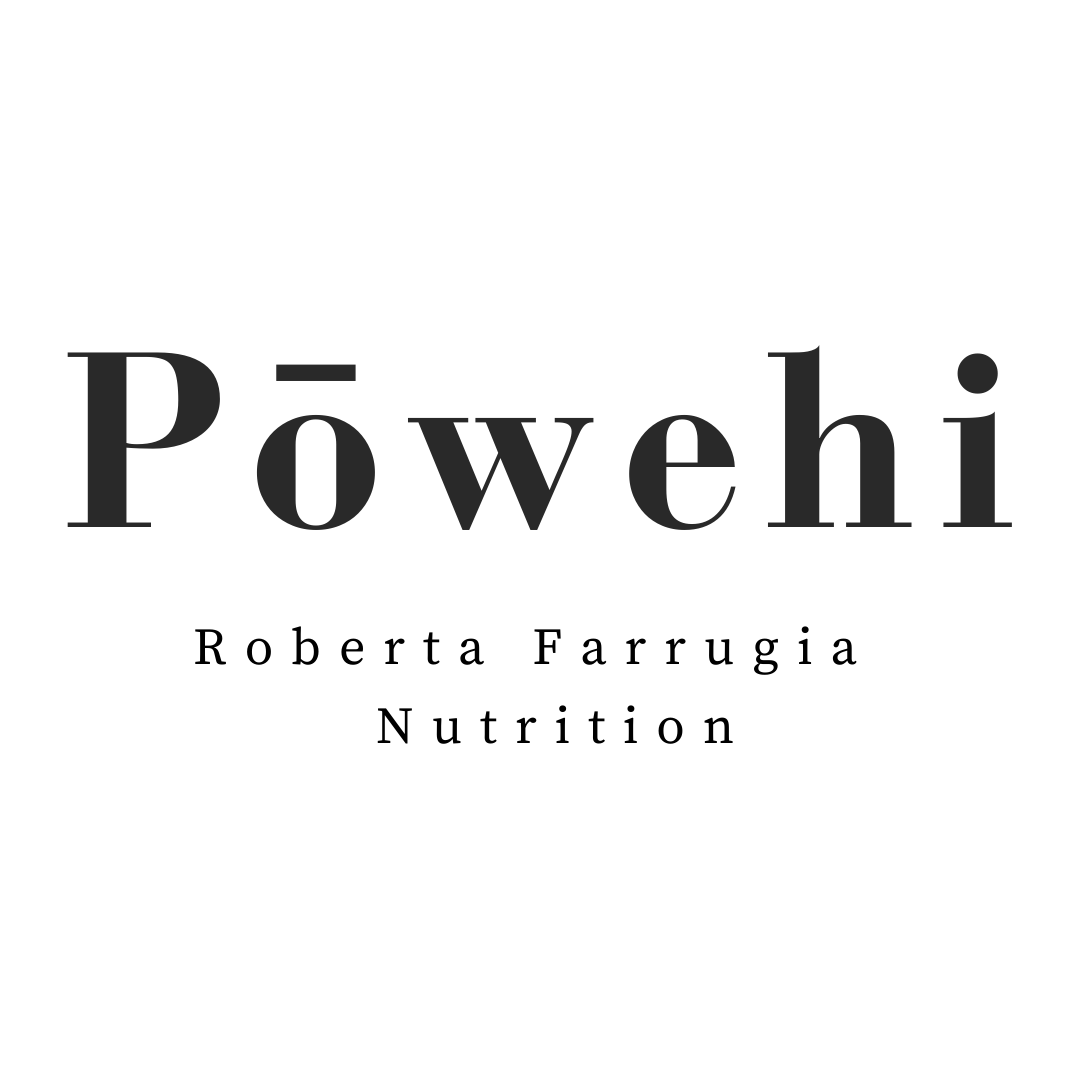Aging is inevitable, but how you age is largely within your control. If you’re a woman over 35, your body is already changing; hormonally, metabolically, and structurally. What worked in your 20s won’t necessarily work now. And yet, most women continue eating and living the same way, expecting their bodies to keep up.
The problem? The standard diet most women follow is silently working against them. It’s not just about weight gain; it’s about inflammation, hormonal disruption, and nutrient deficiencies that can impact everything from energy levels to long-term disease risk. If you’ve noticed sudden fatigue, mood swings, digestive issues, or stubborn weight gain, your food choices may be the root cause.
How Food is Sabotaging Your Health
Most people assume that eating “healthy” means avoiding junk food and counting calories. But the reality is more complex. Many so-called “health foods” marketed to women are nutritionally inadequate, processed, or contain compounds that actively disrupt hormonal balance.
Take calcium, for example. Women over 35 are bombarded with messages about increasing their calcium intake for bone health, but without proper magnesium, vitamin D, and vitamin K2 balance, all that calcium is more likely to calcify arteries than strengthen bones. Similarly, protein intake is often neglected, leading to muscle loss that accelerates aging and metabolic decline.
Then there’s inflammation. Chronic, low-grade inflammation is a silent driver of conditions like autoimmune disorders, heart disease, and cognitive decline; all of which disproportionately affect women as they age. Certain foods fuel inflammation while others actively combat it, but most women have no idea which is which.
The Hormonal Shift That No One Prepares You For
As you approach perimenopause (which can start in your late 30s or early 40s), estrogen and progesterone levels fluctuate unpredictably. This isn’t just about fertility; these hormones impact metabolism, insulin sensitivity, and even brain function.
Many women find themselves struggling with insulin resistance despite eating the same way they always have. Blood sugar spikes and crashes can trigger cravings, fatigue, and mood swings, while high-sugar and ultra-processed foods worsen the problem. Protein, fiber, and healthy fats become non-negotiable as your body shifts away from youthful resilience to a state that demands precision nutrition.
What You Can Do Next (Without Overhauling Your Life)
If you think small diet tweaks won’t make a difference, think again. The right foods; strategically chosen and combined, can help stabilize blood sugar, reduce inflammation, and support optimal hormonal function. But don’t fall into the trap of trendy diets that promise quick fixes. Most are unsustainable and miss the bigger picture of what your body actually needs.
Before you reach for another expensive supplement or attempt another restrictive eating plan, take a step back. The first thing to do is assess whether your diet is truly supporting your current stage of life or if it’s stuck in the past.
The good news? You have far more control than you think. But if you want real, lasting results, you’ll need to go deeper than generic health advice.
Want to know exactly what your body needs now? It’s time to get serious about your nutrition strategy.


